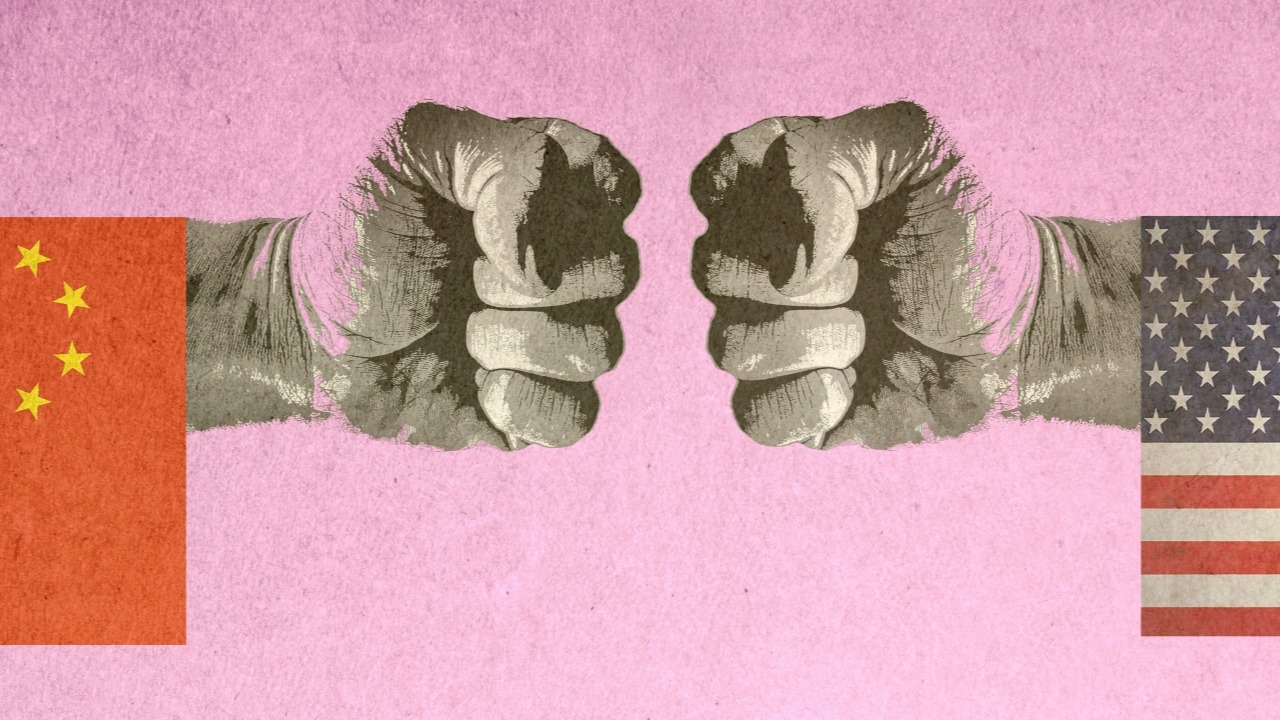NB: This event will be hosted by NUPI, Norwegian Institute for Foreign Affairs. See NUPI's event page and sign up here.
In this seminar, we zoom in on the East and Southeast Asia regions, where China and USA compete for influence and where territorial disputes make war a possible scenario. Regional powers, with more and less good or tense relations to China, and some of them with formal alliance ties to USA, encircle areas and oceans with valuable resources and the world’s busiest shipping routes. The Taiwan question remains a center piece of geopolitical tension in the region.
Professor Kai He (Griffith University, Australia) will in this seminar give a talk about his work on the prospects for what he calls institutional peace. He argues that competition or rivalry may not end in war, but provide conditions for “constructive competition”, keeping China and USA put in peaceful coexistence. However, the question of which types of economic, political, and military conditions this will depend on remains critically important.
In addition to regional issues we will address, considering China-USA relations, the possible implications of the war in Ukraine, the Israel-Hamas war, and other international conflicts.
After Kai He's presentation, there will be a panel discussion. Here you will find Stein Tønnesson, Research Professor Emeritus and former Director of the Peace Research Institute Oslo (PRIO). Other participants TBC. There will be opportunity to ask questions to the panelists.
The seminar is moderated by Senior Research Fellow at NUPI, Hans Jørgen Gåsemyr.
This seminar is co-organized with the Fudan-European Center for China Studies, which is coordinating Kai He’s visit to Norway. Kai He is Professor of International Relations at Griffith University, Australia. The event is also organized with connection to Center for geopolitics, led by NUPI.
The seminar will take place at NUPI from 10:00 to 11:30.
This event will not be streamed.
About the speaker:
Kai He is a Professor of International Relations in the School of Government and International Relations at Griffith University, Australia. He is currently a fellow of the Academy of International Affairs-NRW in Bonn, Germany (January-March 2024). He was also a non-resident Senior Scholar at the United States Institute of Peace (2022-2023). Previously, he served as an Australian Research Council (ARC) Future Fellow (2017-2020) and as a postdoctoral fellow in the Princeton-Harvard China and the World Program (2009-2010). He has authored or co-authored six books and edited or co-edited five volumes. Among his notable works are After Hedging: Hard Choices for the Indo Pacific States between the US and China (co-authored with Huiyun Feng, Cambridge Elements in IR, 2023), Contesting Revisionism: China, the United States, and Transformation of International Order (co-authored with Steve Chan, Huiyun Feng, Weixing Hu, Oxford, 2021), China’s Crisis Behavior: Political Survival and Foreign Policy (Cambridge, 2016), China’s Challenges and International Order Transition: Beyond “Thucydides’s Trap” (co-edited with Huiyun Feng, University of Michigan Press, 2020), and Contested Multilateralism 2.0 and Asian Security Dynamics (Routledge 2020).
